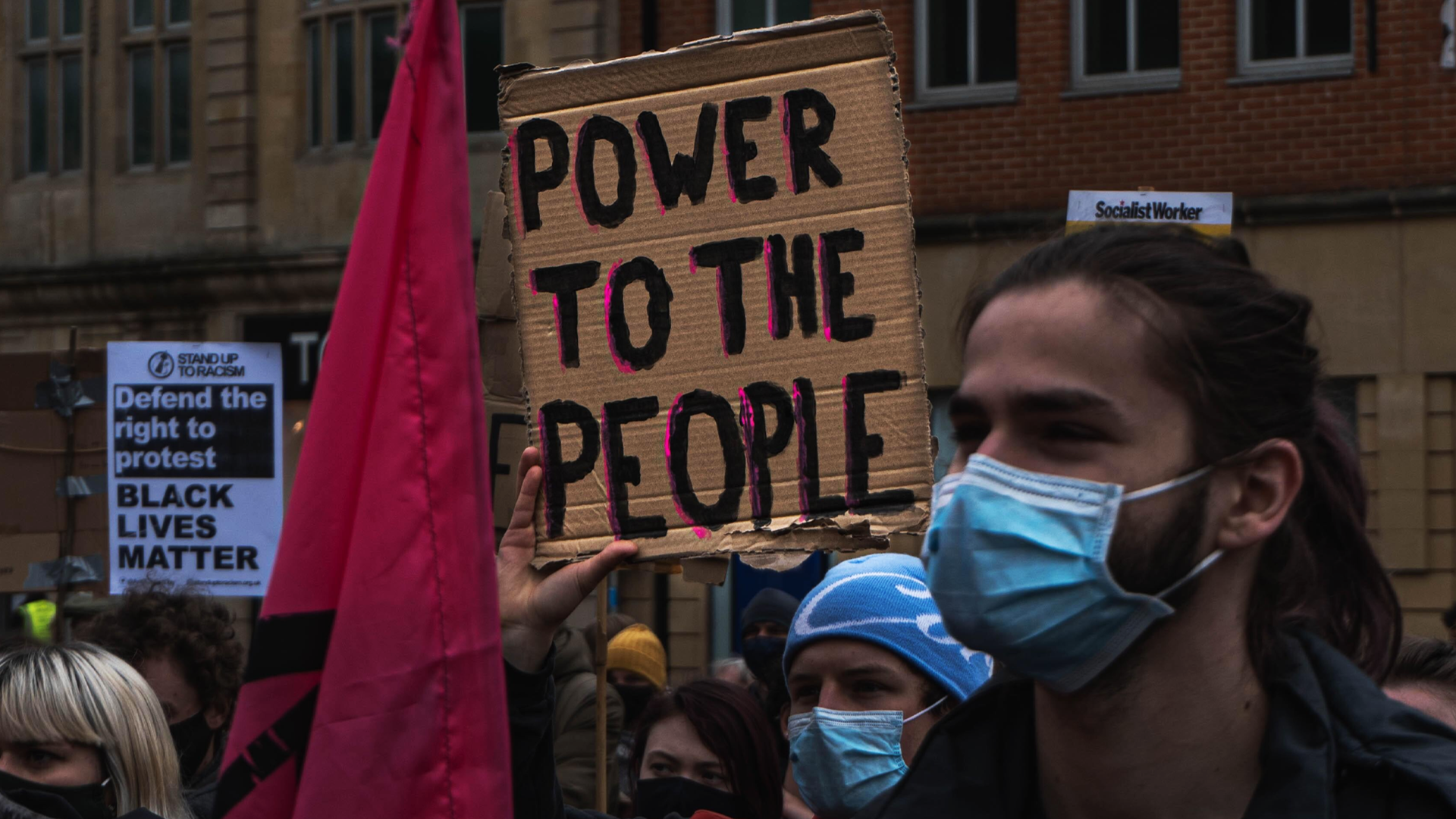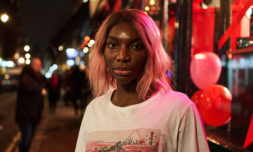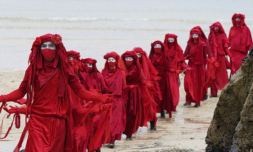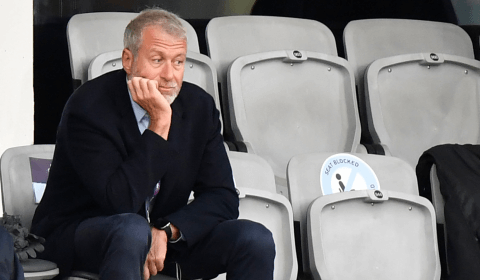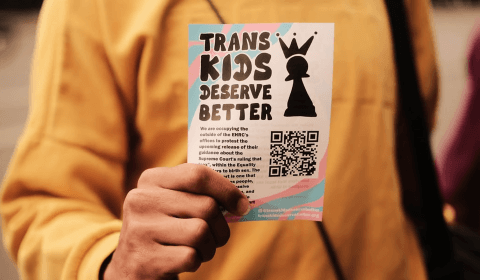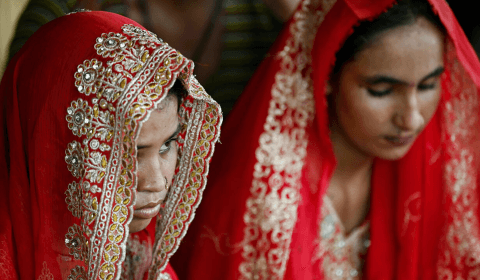Media sharing – then vs. now
I don’t really expect Gen-Z readers to remember the days when phone-to-phone media sharing first took off.
It was around the same time that accidentally clicking the ‘web’ app on a Nokia or Motorola cell phone could mean an additional £75 charge on your next bill. I still remember the manic button-pressing to exit out of that situation. Trust me, it was anxiety inducing.
Bluetooth was the most common method of sharing files with others. It allowed ringtones, MP3, photos, and video files to be sent peer-to-peer if you were within a two-metre distance from one another.
Audio was compressed, photos were resized, and videos were pixelated to the point of no return.
Over the last decade, however, phone technology has advanced so rapidly that it has forever changed the way we document, consume, and share media. Now, the power of news exchange is with the people in a process that’s been coined ‘citizen journalism’, with users no longer held back by connectivity issues or image compression.
Citizen journalism is a relatively new phenomena that has emerged thanks to the prevalence of smartphones, equipped with high-quality cameras and video recording ability.
Couple that with the global connectivity that has been fostered by social media and you have a system in which anyone can share information, get the word out, and essentially become a journalist themselves.
The impact of citizen journalism
In the aftermath of George Floyd’s murder, many media conglomerates were selective with the imagery they broadcasted of protests.
Some right-leaning news stations developed a one-sided narrative that Black Lives Matter protesters were inciting violence and looting.
On Twitter, Instagram, and TikTok the story looked very different. Citizen documentation of the protests was overwhelmingly comprised of photos and videos of thousands of people standing in solidarity, marching with signs for justice and, at times, enjoying themselves.
https://twitter.com/madiidanae/status/1269100581840392192
Today, anything in the news can be challenged if a citizen on the ground films it from a different perspective. While this does come with some risk (i.e. fake news) it is arguable that the benefit of this activity outweighs the cost, especially when fact-checking across news sources can be easily done.
Without citizen accounts, it might be easy to believe that all BLM protests were rage filled, destructive, and violent. With it, bias of news stations can be eliminated, at least to a degree.
What does the future hold for journalism?
Taking into account the global reaction to the video of George Floyd’s death, it should come as no surprise that Darnella was awarded with a Pulitzer prize for documenting it in such a raw manner.
Without the existence of that video, the officers may never have been fired or sentenced, and widespread discussion of institutional racism, white privilege, and police brutality may not have taken place. The world may have never known what happened.
Already we’re seeing news companies source clips for TV by getting permissions from Twitter users. This practice is most likely going to continue to increase and evolve over time.
Maybe one day there will be mainstream news platforms which focus solely on citizen-led stories, which will lead to further developments in the fight for equality. It appears the Pulitzer Prize certainly believes this will be the case.









